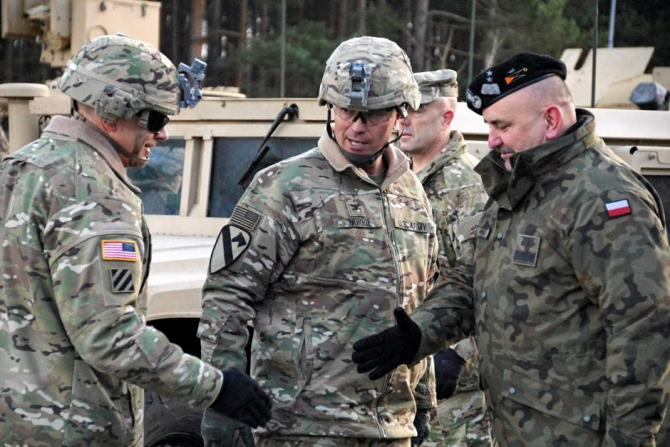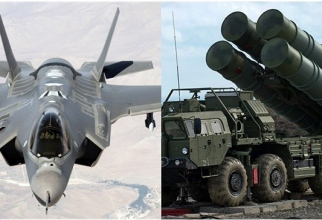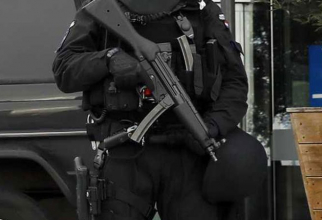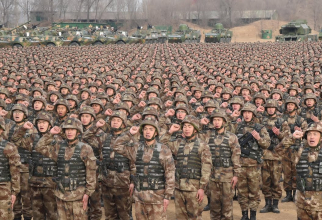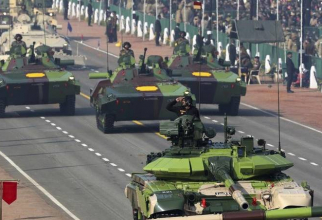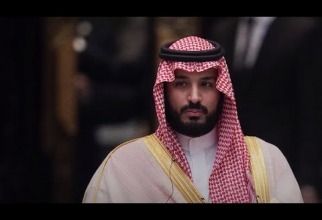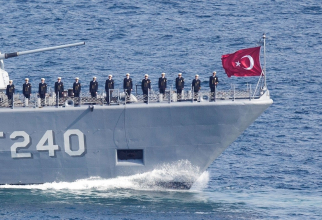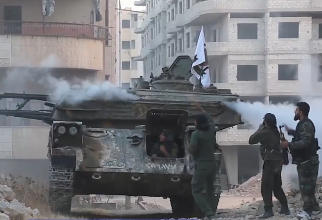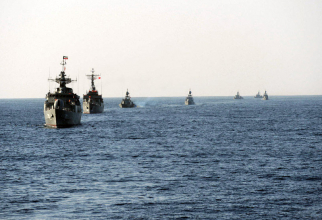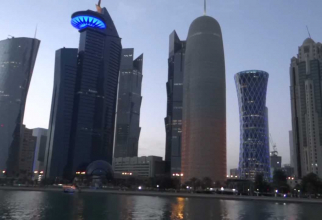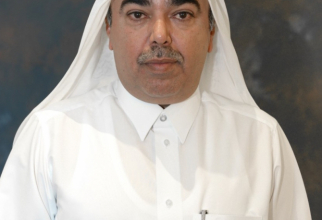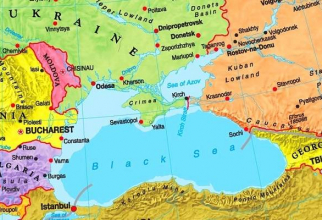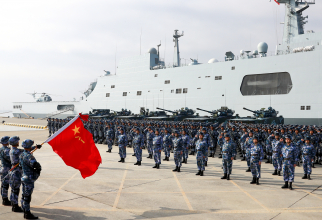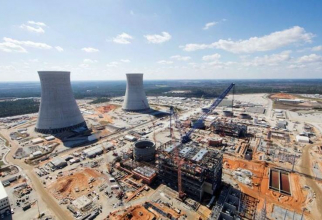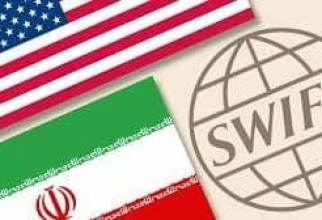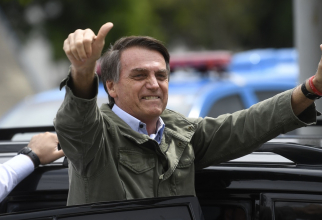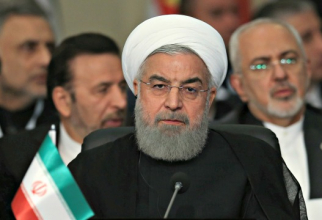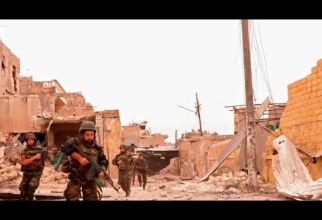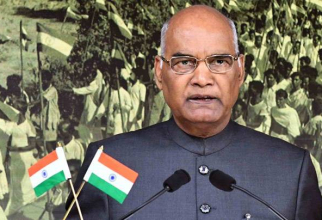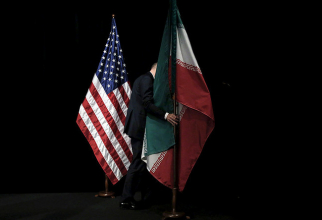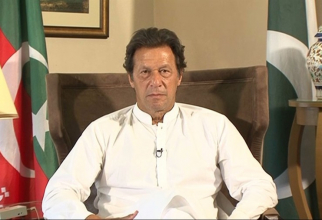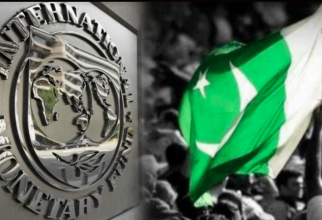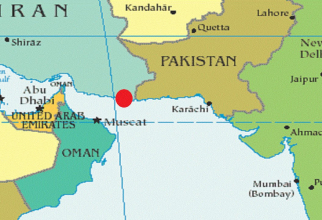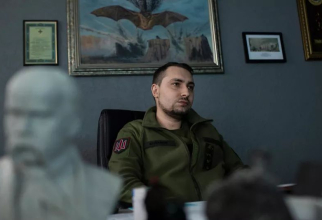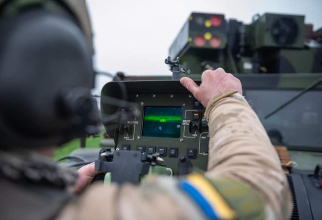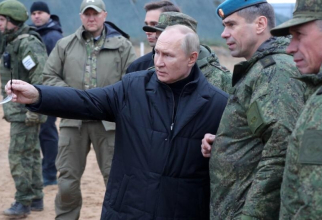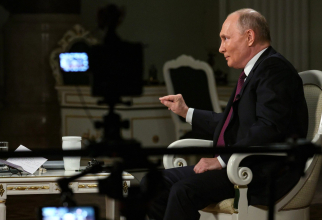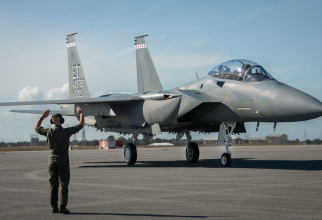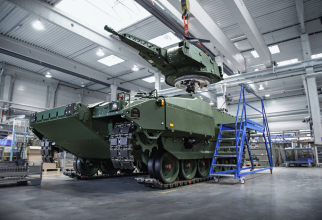Colaboratorul DefenseRomania, Emanuel Pietrobon, expert ASRIE în politica Central și Est europeană ne transmita o analiză despre ambițiile nucleare ale Poloniei. Conform lui Emanuel Pietrobon, un nou capitol al ambițiilor Poloniei se deschide. Ambiția de a construi capacități energetice nucleare exprimă foarte clar modul în care Varșovia înțelege să își reducă dependența sa de gazul rusesc. Un articol pe cât de interesant pe atît de inteligent scris.
The October parliamentarians began the writing of a new chapter in the history of Poland, which will see the country return to the regional powers that count and, perhaps, acquire a hegemonic status among the countries of the ex Warsaw Pact destined to exacerbate the already difficult relations with Russia.
The nuclear dream
The dream of the gray eminence Jarosław Kaczyński of creating an economically strong, militarily secure, socially cohesive, and energetically independent nation is closer than ever to realization and is enriching with a new, important, piece: nuclear power . Law and Justice (PiS) has taken on the arduous mission of moving the country towards green transition and energy independence by the first half of the 2020s, with the aim of emancipating itself from dependence on Russian gas and acting as a small energy hub that, starting from the Visegrad region, reaches Ukraine . Work to achieve this goal is in full swing and, to date, has led to massive increases in investments in the development of renewables, in upgrading the collection and distribution of liquefied natural gas imported from abroad, and in the Baltic gas pipeline.
To date, Poland, far from achieving energy security, remains, moreover, one of the most coal-dependent countries of the Old Continent since the second post-war period, also because, on it, weighs like a boulder the inherited inheritance from the communist era an essentially heavy industrial structure, whose transformation has proved extremely difficult and expensive over the years . Despite attempts to de-carbonize the energy sector, 80% of electricity is still produced through coal - a slight decrease compared to the impressive 98% of the early 1990s.
Nuclear power could be the solution to the problems of coal-dependence, as well as functional to the energy transition agenda, and Poland has begun to take a serious interest in the issue in recent months, as revealed by two events. The first concerns the Warsaw University of Technology, which in July signed a cooperation agreement with Framatome for the training of professionals in the nuclear sector through scientific projects, specific courses, and internships. The second concerns the influential pro-government think tank Warsaw Institute that, on the eve of the elections, exposed in an analytical report the need to develop nuclear energy for civil purposes, setting as objective the entry into operation of the first power plants by 2040 . In the same document, it was stressed that government officials had treated the subject with the Trump administration, obtaining a memorandum of understanding from Washington.
The November breakthrough
Earlier this month the chemical company Synthos and GE Hitachi signed a memorandum for the development of a mini- nuclear reactor that, once finished, will have a capacity of 300 megawatts. This is a laughable number, but that will suffice to power an entire Synthos factory in the south of the country and, moreover, will serve as a springboard for new experiments, while waiting for Warsaw to acquire the necessary know-how for its own program nuclear on a macro-scale. The main obstacle to PiS's nuclear agenda is the limited budget available - a reason that explains the intense lobbying in Washington in recent months to have a collaboration agreement that goes beyond the technical sphere, touching the financial one. But the Synthos-Hitachi experiment may have indicated the way forward for Kaczyński's strategists: to rely on private individuals.
The idea of PiS is to delegate to the big non-state protagonists of industry and energy the development of so many smaller plants that, combined, could reach useful and usable capacities for national purposes. According to GE Hitachi this is a cost-effective strategy : the construction of a mini-reactor is generally 60% cheaper than a normal one and the capacities provided are competitive, it could really be the ideal route for the country.
Emanuel Pietrobon is a Russian affairs expert, political analyst for InsideOver and ASRIE
Fii primul care află cele mai importante știri din domeniu cu aplicația DefenseRomania. Downloadează aplicația DefenseRomania de pe telefonul tău Android (Magazin Play) sau iOS (App Store) și ești la un click distanță de noi în permanență
 Fiți la curent cu ultimele noutăți. Urmăriți DefenseRomania și pe Google News
Fiți la curent cu ultimele noutăți. Urmăriți DefenseRomania și pe Google News



